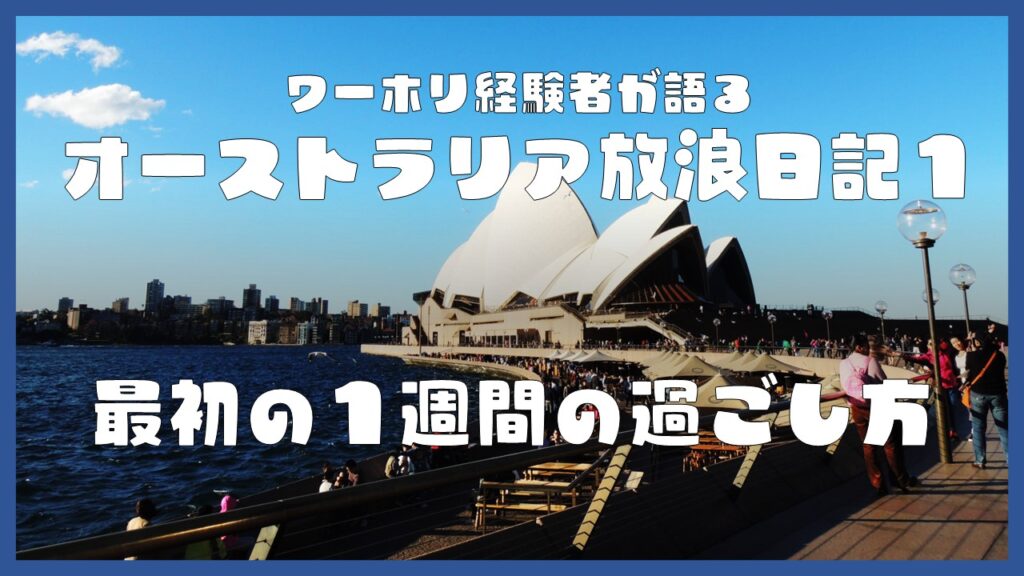

この記事ではワーホリ開始から1週間までの過ごし方が分かる記事になっています。「出国手続き」「飛行機の搭乗」「銀行開設」「ホームステイ」などがお分かり頂けます。また、ワーホリ中に、1日欠かさず書いていた英語日記の1週間分をお楽しみ頂ければと思います。
「留学はお金がかかる」というイメージはもう古い!?格安留学サービス「スマ留」なら従来の最大半額で海外留学が可能です!ネイティブキャンプ6ヶ月利用可能のサポートも魅力的です!

まずはホームページでスマ留をチェック!
格安の長期留学・ワーホリなら|夢カナ留学です!実質0円でオーダーメイド留学が可能です。出国前のサポートも手厚く、日本人が少ない語学学校を探してくれるのも魅力です。

現地で英語環境に飛び込むのは大切です!
- はじめに
- 冒険の始まりー国際線飛行機の乗り方 in Englishー
- オーストラリア放浪日記ーThe first day of my stay in Australiaー
- ホームステイの心得 in AustraliaーThe first day of my stay in Australiaー
- The 3rd day of my stay in Australia
- The 4th day of my stay in Australia
- 銀行開設の仕方と役立つ英語表現!The 5th day of my stay in Australia
- The 6th day of my stay in Australia
- The 7th day of my stay in Australia
- 合わせて読みたい英語力向上記事
- 最後に
はじめに

大学4回生、卒業後にワーホリを利用して、オーストラリアで修行すると決心しました。
- 自分の英語力を高める。
- どうすれば英語が身につくかを考え、実践する。
- 異文化理解に積極的になる。
- 新しい日本の魅力を発見する。
- 海外の魅力を伝えられる人間になる。

この5本柱の目標を掲げ、オーストラリアで1年過ごすことになります。さて、1年後どのような姿になっているのか、目標は達成されたのか。それではオーストラリア放浪日記の始まり始まり!
冒険の始まりー国際線飛行機の乗り方 in Englishー
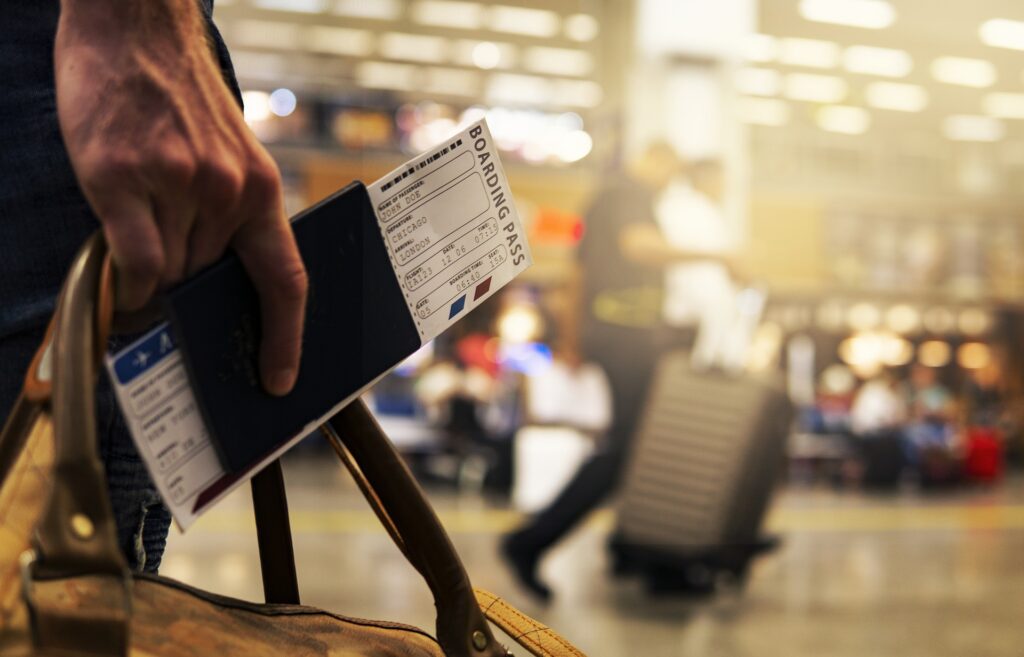
国際線から搭乗して飛行機に向かうのは、これが初めての体験でした。大まかな流れは以下の通りです。
- 2時間前空港到着
国際線には2時間前には到着するのが理想です。空港内での移動やトラブルは一応想定しておくのが良いです。空港内にはお店がたくさんあります。早く到着しても退屈はしないです。
 向上委員長
向上委員長空港はとても広いです!早めについて、チェックインの場所や搭乗手続きの時間などを確認して、時間に余裕を持って過ごすのがオススメです。
- 1時間前チェックインカウンター・搭乗手続き
チェックイン時には「パスポート」と「eチケットのお客様控え」もしくは予約を確認できるものが必要です。予約確認&搭乗手続きをして、搭乗券をもらいます。
 ホリ子先生
ホリ子先生チェックイン時には自動チェックイン機も活用できます。搭乗券を受け取ってから、荷物の手続きだけをします。
- 1時間前大きい荷物を預ける
預けられる荷物の重さ、大きさ、個数には制限があります。
・10kgまで
・3辺の合計が115cm、かつ縦・横・高さがそれぞれ55cm✖️40cm✖️25cmまで
・1個まで *手持ちカバンは機内に持ち込みできます。 ホリ子先生
ホリ子先生乗り継ぎがある場合でも、最終目的地まで荷物を引き取ることはしません。安心して乗り継ぎましょう。
 向上委員長
向上委員長手荷物に入れられる物にも制限があります。
ハサミ、ナイフ、工具は持ち込み不可です。またバット、ゴルフクラブも持ち込み不可。液体は持ち込める量に限りがあります。
- 1時間前保安検査
手荷物の中身と身体検査が行われます。指示に従って進みましょう。
- 30分前出国審査
パスポート写真と本人が一致しているかの確認が行われます。
- 30分前搭乗
いよいよ搭乗です!パスポートと搭乗券を見せて飛行機に乗ります。
- ラベルタイトル
- ラベルタイトル

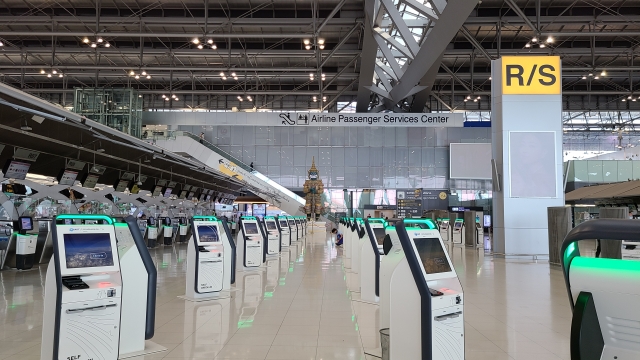
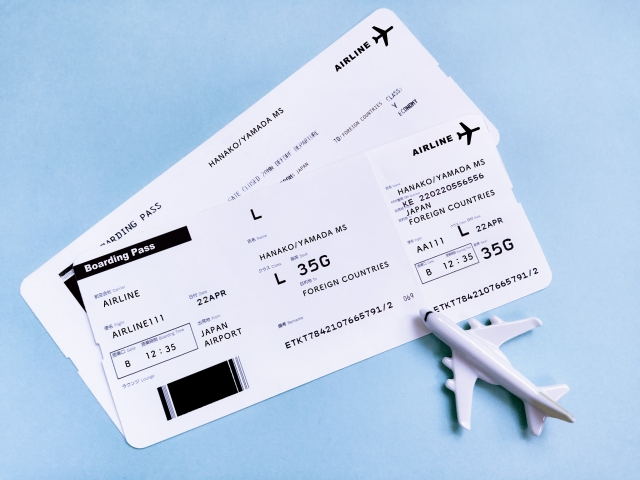
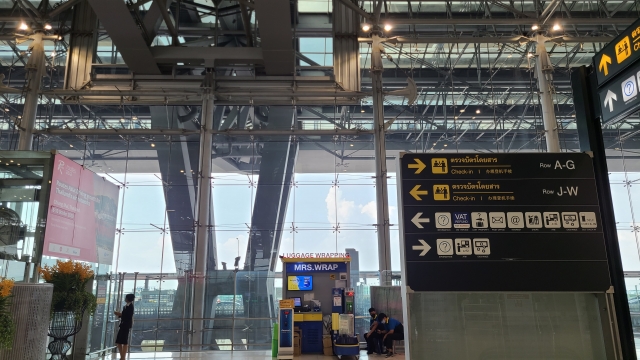
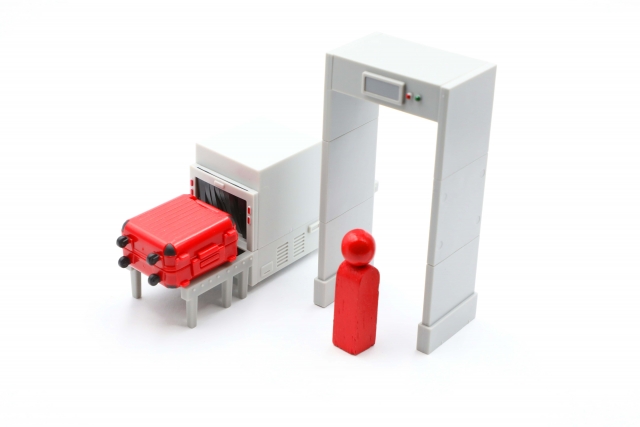
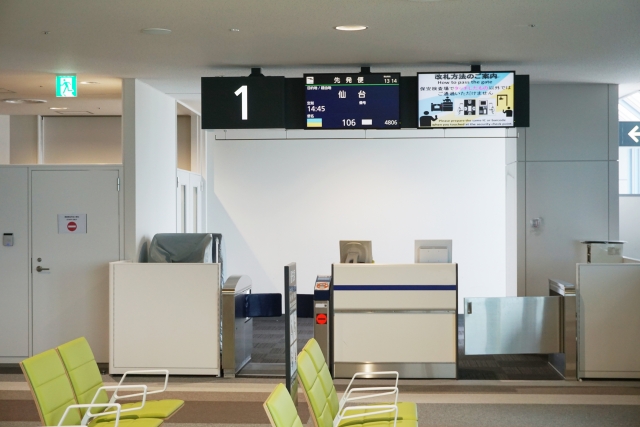
オーストラリア放浪日記ーThe first day of my stay in Australiaー
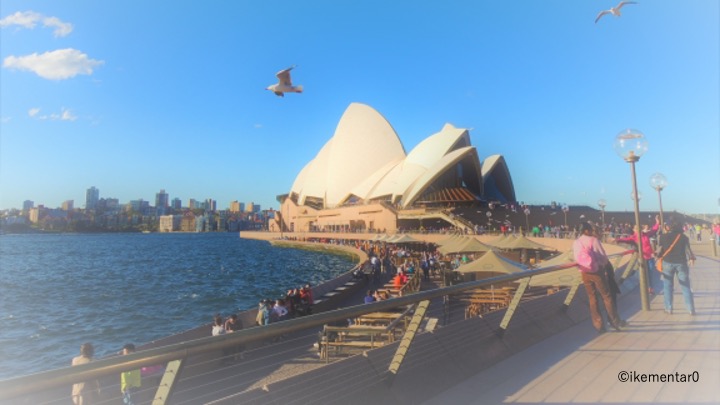
それでは、オーストラリア生活初日からの日記をさっそく公開していきます。恥を承知で記載します。今なら「もっとこう書くのになぁ」とか「ここではこの表現の方がいいかなぁ」など、思うところが今後も含めて出てくると思いますが、それも含めて楽しんで頂ければと思います。
April 1stーThe first day of my stay in Australiaー I left Japan to build up my life experience. My dream is to be a good English teacher in Japan. My ideal English teacher is that… I left Japan for Seoul at 13:05. I arrived in Seoul international airport to change planes for Sydney. I had free time, so I spent using a computer alone for a while. I was lonely and nervous because I didn't have any of my friends around me. After using a computer for a while, Ileft Seoul for Sydney at 19:05. Nobody spoke Japanese there. I managed to go on board a plane and finish writing an incoming passenger card because flight attendants were kind. I learned a lot of things to go on board a plane.
*build up my life experience (動)「自分の人生経験を築き上げる」*ideal (形)「理想の」*change planes (動)「飛行機を乗り継ぐ」* spend 〜ing (動)「〜して過ごす」*for a while 副詞句「しばらく」

日記を書くというのは英語力を高める良い方法です。文章を書くために能動的に単語や文法を調べて、アウトプットするからです。また、日記の良いところは、次の日に話す英語の準備になります。ホームステイ先や現地の友達に”What did you do yesterday?”なんて聞かれたら、日記の英語をそのまま伝えれば良いですね。これでフィードバックまで完成するので、記憶の定着率も高そうです。よって英語日記勉強法、かなりおすすめです!
ホームステイの心得 in AustraliaーThe first day of my stay in Australiaー
April 2nd ーThe second day of my stay in Australiaー
I arrived in Australia. I made friends with K and Y, and I met a supporter who works in WA. The supporter drove us from Sydney airport to the office and made an orientation for us. After the orientation, we took a walk around the city and went to Ms. Ellens' house. I was so excited to walk in the city because everything was new.
She talked a lot and she was so kind. I thought she is a deep thinker. I hope to be like her. The dog she keeps was so cute. I could take a walk with the dog talking to Ms. Ellens. When I arrived at the front of my host family's house, my mind became a complete blank. I was afraid to knock the door.
I could hardly listen to English she spoke to me. To understand what she says, I'll do my best.
The rules of the family
●To wash our dishes three times a week
●To stay quickly when using water
●To use a bathroom on the second floor.
Ms. Ellens has six international students. When we have dinner, everyone talks a lot. I don't have to be shy, but be positive.
*what+主語+動詞 名詞句「主語が〜するもの・こと」*take a walk 動「散歩する」*don’t have to+動詞の原型 動「〜する必要はない」
The 3rd day of my stay in Australia
April 3rdーThe third day of my stay in Australiaー
I was afraid to get up when I heard English. I was afraid to talk with my host family in English, so I didn't want to go out of my room.
I said to myself, "Don't be shy. Don't be afraid of making mistakes in English." in my mind. When Ms. Ellens said, "I'll go shopping. Do you want to come with me?" And I said, "I'd love to."
We bought vegetables and meat. I had a good time. After shopping, Ms. Ellens introduced Becky to me. She was so kind and friendly.
I could give some presents for my host family tonight. They looked happy, so I was happy.
Barbecue was exciting. I drank beer and I had delicious meal. I enjoyed talking to my host family.

ホームステイ3日目。この日はオーストラリアで初めての朝をむかえます。目が覚めると外から英語が聞こえます。「オーストラリアで過ごしている」という実感を抱きます。また部屋から出ると英語漬けの環境が開けます。この日は恐怖心が何よりも優ったを覚えています。

気持ちを表す表現としてafraidを使ったり、当時の心のセリフを日記に書いているのが良いですね。3日目の生活が思い出深く残っているのが伝わります。
*be afraid of-ing/to do 「〜するのを恐れる」*in my mind 副詞句「心の中で」*go shopping 動「買い物に行く」*I’d love to.「よろこんで」…お誘いの答えとして使います。*I had a good time. 「楽しかった」*introduce A to B 動「AにBを紹介する」*look+形容詞 動「〜に見える」*enjoy -ing 動「〜することを楽しむ」
Please don't be shy, or I cannot improve my English. 「シャイになるな。じゃないと英語うまくなりません。」
It was my first time going to a grocery store. There were some vegetables that I had ever seen before. 「食料雑貨店に行くのは初めてでした。かつて見たこともない野菜がいくつかありました。」
The 4th day of my stay in Australia
April 4thーThe 4th day of my stay in Australiaー
I got up at 5:00. After I had bread, Lindsay took me to the bus stop. I appreciated his kindness. Because of him, I was able to take a test to separate classes at school. A teacher asked me several questions. They were like this. "If you won a million dollars, what would do you?", "Is your mother younger than you?" and so on.
I went to the Sydney Opera House with K after the test. We talked a lot in English. Sydney Opera House was so beautiful. I was excited to see it because it was my first time to see it. I took a lot of pictures.
I ate pasta tonight. Ms. Ellens is a good cook. We enjoyed the dinner time because Bryden said to Naporian "Friday, Friday."
*take 人 to 場所 動「人を場所に連れて行く」*appreciate 動「〜を(に)感謝する」*because of〜「〜のおかげで、〜のために」*win 動「(賞金・賞品)を勝ち取る、受賞する」

ちなみに「宝くじ」は英語で”lottery”と言います。”I won a million yen in a lottery.”で「宝くじで100万円当たった」となります。
銀行開設の仕方と役立つ英語表現!The 5th day of my stay in Australia

ーThe 5th day of my stay in Australiaー I had a bad day today. I took the wrong bus. The bus finally stopped at a university that I don't know. I asked some people how to get to the city. In the end, I arrived at the office at 11:00. I had an appointment to open a bank account at 10:00, but I was about an hour late. I had lunch with K in a department store. After lunch we went to the Rocks, and then we had a cup of coffee. The waiter was so friendly. After that, we went to National Maritime Museum. We learned the history of Australia. Dinner time was so fun. We talked about many things like the difference between European and Asian, single eyelids and double eyelids, each country and so on. One of my host family members was interested in everything. We had fun talking with each other.
*how to get to〜「〜への行き方」*in the end 副「ついに、最終的に」*open a bank account 動「銀行口座を作る、銀行口座を開く」*I was an hour late. 「1時間遅刻した」*the difference between A and B 名「AとBの違い」*single eyelids 名「ひとえまぶた」*double eyelids「ふたえまぶた」*had fun talking 動「話せて楽しかった」

SydneyのRocksとは、オシャレな洋風エリアにある観光地のことです。また、基本的には1年というワーホリ滞在時間が決まっています。そして1年間過ごす上で銀行口座の開設は必須です。銀行に行って、手続きできるよう、英語のシミュレーションが必要かもしれません。
- I want to open a bank account. 「銀行口座を作りたいです」
- I want to open a saving account. 「普通預金の口座を作りたいです」

持ち物は必ず確認しておきましょう!
- パスポート
- ビザに関する書類
- クレジットカード
- オーストラリア内の住所
- 携帯・スマホの番号
- マイナンバーカードなど
上記のものが揃えば、いざ銀行へ!この経験もワーホリならではのプラチナな経験になると思います。勇気を出して、銀行口座の開設を行いましょう。ちなみに日本のクレジットカードも問題なく使えますので、日本の口座に貯金が十分あれば、問題ありません。
We learned the history of Australia. =we learned it all. It means you’ve mastered it. 「歴史を完璧に学んだ」的な意味になってしまいます。今頃英語の先生どころか大学の教授です。
正しくは"We learned about the history of Australia."
もう一つの
“each” country = literally every single country in the world.「世界中のひとつひとつの国」という意味になっていしまします。上の日記を以下のようにすると良い英文になると思います。
We talked about many things like the difference between Europeans and Asians, single eyelids and double eyelids, many countries, etc.
The 6th day of my stay in Australia
April 6thーThe 6th day of my stay in Australiaー
K and I got together at the office. We went to the Sydney Observatory Hill Park. I felt excited so much because everything was new for me. After that, we went to the state library to study English. On my way home, I found a shop with tennis rackets. I'll buy one and a pair of shoes someday. During this dinnertime, we talked about stars, beaches and politics. After that, the Vietnamese and I did dishes talking about the culture of our own country and English skills. I had a good time, but I had to improve my English.
*Sydney Observatory Hill Park …シドニーの丘の上にある公園(上記の写真の景色が見れます)*On my way home「帰る途中で」*politics「政治学、政治活動、政治問題」
I'll buy a tennis racket for sure in 6 months. 「半年後には絶対ラケット買うぞ!」
because everything was still new for me. 「なぜなら今もなお全てのことが新しかったからです」
これまでの日記では、その日の出来事を淡々と英語にした英文が多かったです。しかし、1語プラスするだけで、より鮮明に心情を表現できるようになります。副詞ケッコー大事ですね。

よく使う英語表現の補足です。
- That’s exactly what I want to say. 「まさにそれ私が言いたいこと!」
- He is a little shy, but actually he is very nice. 「実際めっちゃいい人!」
- sort of. 「まぁね。」
- I am sort of shy. 「どちらかと言うとシャイです。」
- Kind of like that. 「どちらかと言うとそんな感じかな。」
副詞や返事として使える便利な表現はまだまだ無限にあります!以降の「オーストラリア放浪日記」にて、お楽しみに!
The 7th day of my stay in Australia
April 7thーThe 7th day of my stay in Australiaー
I took a ferry and went to Manly Beach today. On my way home, K and I talked about English. Why is English important? We discussed the topic.
Today's dinner time was from 19:30 to 21:30, including doing the dishes. A Vietnamese and I did the dishes today. We talked about boyfriends, money, school and so on. It was a good time.
ネイティブの人たちは、 “An American(アメリカ人)” or “A Canadian (カナダ人)” or “An Australian (オーストラリア人)”と言いますが、 “A Japanese”, “A French” or “A Vietnamese” とは言いません。これらの国の人を指して、「〜人」と言うには、 “person”を足して言わなければいけません。Vietnamese もその1つです。正しくは、以下のようになります。 A Japanese person A Vietnamese person A French person etc. さらに日記の、 “A Vietnamese person and I did the dishes today” も不自然です。この「ベトナム人」は友達?誰?みたいになるので、”My Vietnamese friend and I did the dishes today”と言えば自然な言い方です。

今回はなかなか目から鱗の話でした。単にJapan「日本」、Japanese「日本人」とは言い切れないのです。国籍によってJapanese personのように使うのは、まさにネイティブの感覚かもしれません。英語を話しながら、身につけていける感覚かなと思います。
合わせて読みたい英語力向上記事
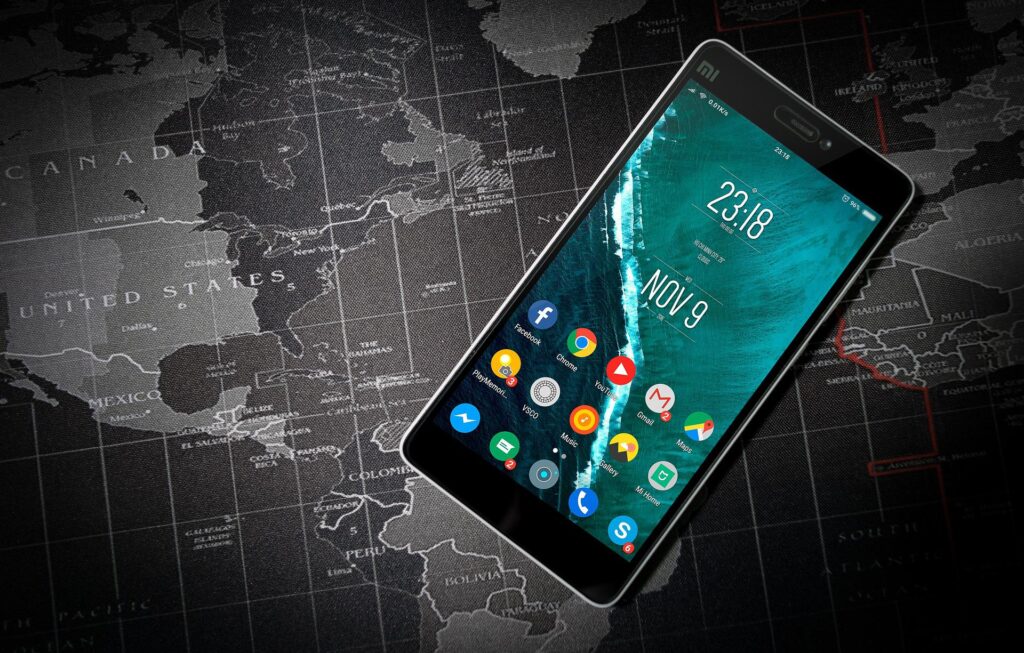
ワーホリが始まって最初の1週間。ホームステイや銀行開設など、たくさん英語を使う場面があります。事前に練習したり、役立つ表現を知っておくことがワーホリ成功の近道です!是非オンラインの英語添削サービスやオンライン英会話などを利用して、より充実したワーホリ生活を送ってもらえると幸いです!
最後に

いかがでしたでしょうか。次回以降は具体的にオーストラリアでの生活がスタートしていきます。オーストラリア放浪日記を通して、英語を勉強してきた過程、英語を学ぶ楽しさ、オーストラリアの魅力などを、これから少しずつお伝えしていけたらと思っています。

私自身はCambly試してみましたが、かなりオススメです。好きな時間にネイティブと話せます。また話したいトピックをこちらが提案すれば、ネイティブの先生も親身に聞いてくれたりアドバイスをしたりしてくれます!今すぐ無料トライアル!【Cambly(キャンブリー)】

思い立った時に予約なしで英会話を楽しめる点、教材コンテンツの充実、そしてコスパ最強はオンライン英会話ネイティブキャンプです!7日間無料トライアルから是非試して見てください。
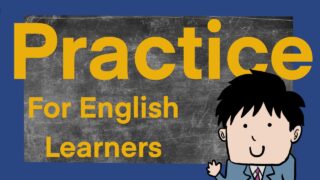

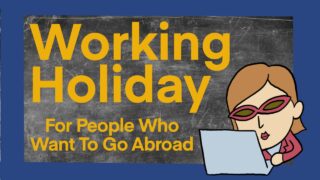
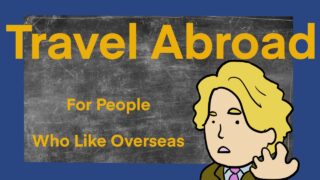
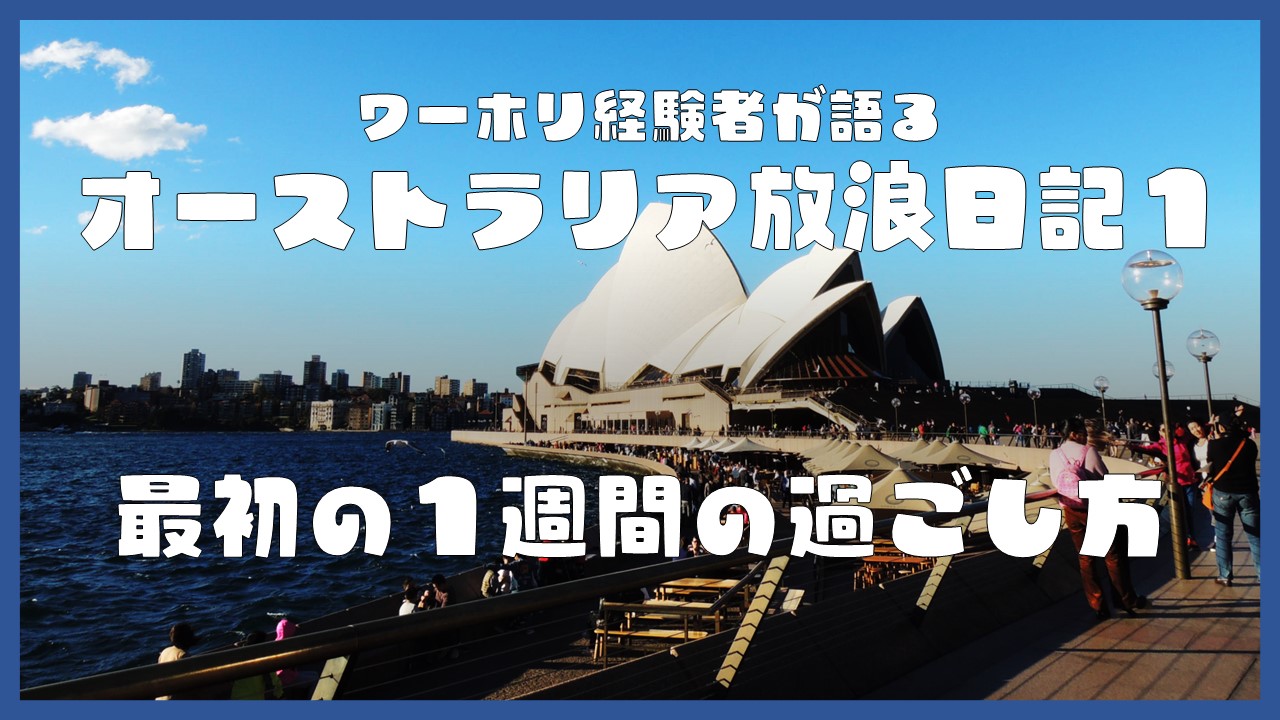






コメント